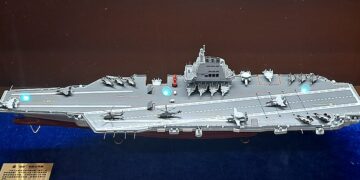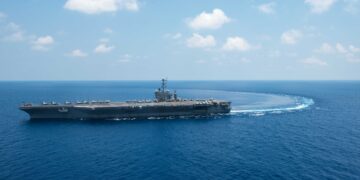December 17, 2024
How South Korea’s martial law and impeachment saga affects the U.S.

South Korea, one of Washington’s closest allies in East Asia, is no stranger to scandal and political intrigue. But the last two weeks of political infighting in Seoul has made the previous 40 years look like a snooze-fest by comparison.
The latest saga started Dec. 3, when South Korean President Yoon Suk Yeol inexplicably declared martial law in response to what he claimed was an opposition-run National Assembly that was trying to stop the machinery of government, impeach his officials and block his agenda. It was the first time such an extreme measure was used since South Korea transitioned into a democracy in 1987. Shortly thereafter, hundreds of South Korean troops and police officers descended on the National Assembly, blocking lawmakers from getting into the facility and even coming to blows with staff.
Yoon’s decree, however, didn’t last long. Hours later, lawmakers inside the assembly building voted to overturn martial law. The troops pulled back, and Yoon was forced to give a speech apologizing for the harm his decision caused. Yoon’s political career is essentially over. On Saturday, the National Assembly impeached him on a 204-85 vote, with 12 members of his own party joining the effort. (His powers are suspended until the Constitutional Court makes a verdict on whether the impeachment stands.)
Worse still, Yoon is now under investigation for rebellion and is barred from leaving South Korea. A man who made a name for himself as a prosecutor may become the face of criminal malfeasance.
More on Asia

Featuring Lyle Goldstein
November 14, 2025

Featuring Jennifer Kavanagh
November 5, 2025

Featuring Lyle Goldstein
November 4, 2025






